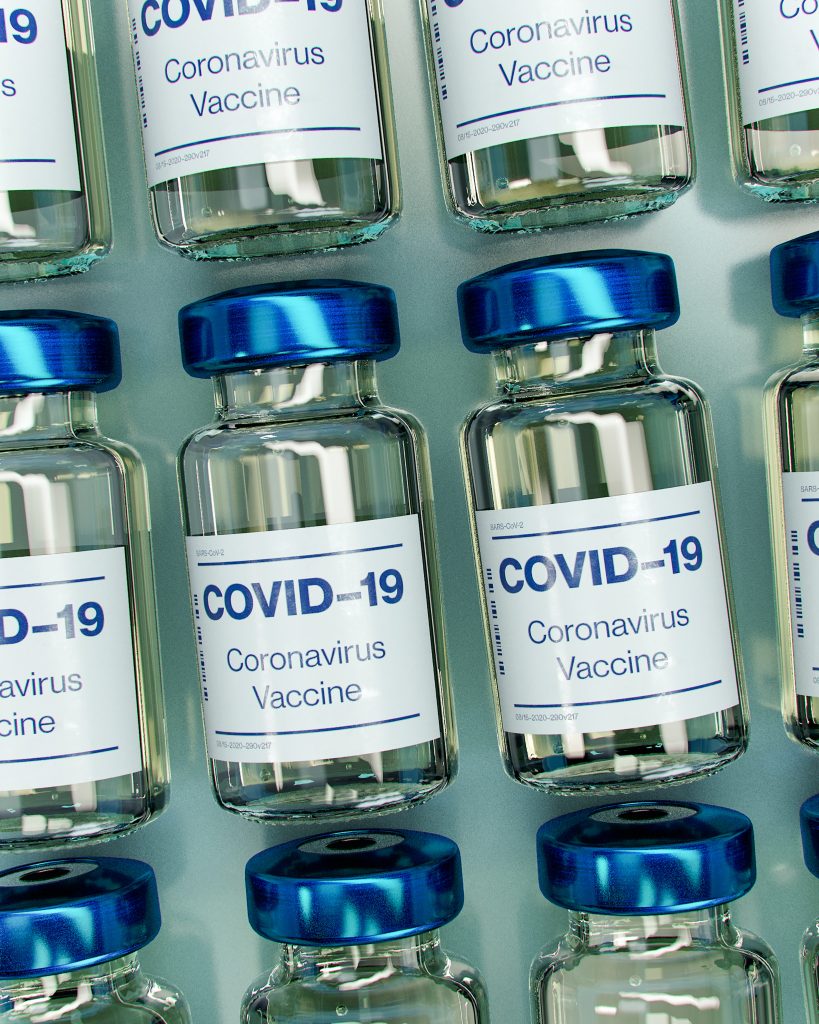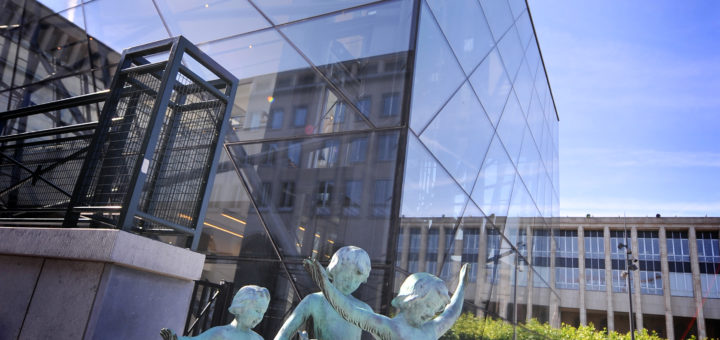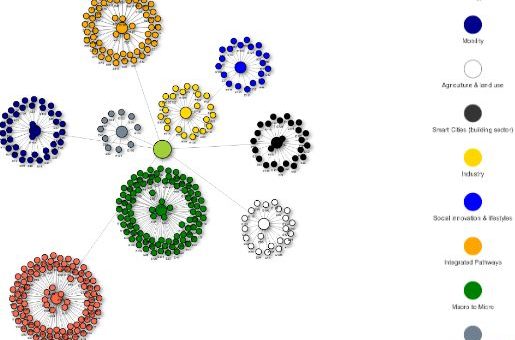Key in the process for low-carbon transition is a transformation in all sectors and regions and the incorporation of new technologies and practices. Research and Innovation (R&I) is key in the development and successful uptake of clean technologies and focuses on three key non-mature technologies, CCS, advanced biofuels, and batteries for electric vehicles, as well as on energy efficiency measures explained in the report.
DEEDS
 The Dialogue on European Decarbonisation Strategies (DEEDS) delivers state of the art knowledge on decarbonisation pathways and facilitates knowledge co-creation with policy, business representatives, scientists, NGO’s and other stakeholders. The DEEDS project creates a network of leading scientists and a knowledge base of relevant research projects related to European decarbonisation pathways. The project organizes a dialogue for co-creation of knowledge and policies with representatives from science, policy, industry and civil society.
The Dialogue on European Decarbonisation Strategies (DEEDS) delivers state of the art knowledge on decarbonisation pathways and facilitates knowledge co-creation with policy, business representatives, scientists, NGO’s and other stakeholders. The DEEDS project creates a network of leading scientists and a knowledge base of relevant research projects related to European decarbonisation pathways. The project organizes a dialogue for co-creation of knowledge and policies with representatives from science, policy, industry and civil society.
Project details
- Project title: “Dialogue on European Decarbonisation Strategies” (DEEDS)
- Funding scheme: European Union Horizon 2020 Programme (EU H2020)
- Duration: 3 years (1 October 2017 – 30 September 2020)
- Project coordinator: TNO, The Hague, the Netherlands
- Project website: www.deeds.eu
The transition to low carbon practices requires incorporating new technologies and practices, with Research and Innovation (R&I) being key in developing. Optimal R&I strategies increase the feasibility of ambitious climate stabilization targets by lowering carbon prices and mitigating costs.
EU- funded DEEDS project gives recommendations on Research and Innovation (R&I) aimed at decarbonisation of the EU economy and society and are relevant to the EU Green Deal.
Economic growth has been a priority for the European Union (EU) since its creation. The Paris Agreement targets will not be reached by technological and policy measures alone, businesses need to contribute and commit to the decarbonisation journey. The Business Guide calls to policymakers and businesses to move decarbonisation strategies from words to reality.
DEEDS’ knowledge base constitutes of two components: the scenario explorer and the technology database and intends to reach out to a broader audience and academia who could deliver deep and rapid reductions in emissions. This may help stakeholders to access detailed information about expected European emission limits, technology markets and energy prices, to develop strategies and understand the market potential for technologies consistent with decarbonisation pathways.
The largest short-term reduction in energy use and largest short-term reduction in energy use and carbon emissions in a lifetime is a result from the Covid-19 pandemic and are still in the process of being assessed. This had led to significant changes in people’s day to days lives that are unparalleled in the last few decades.
Circular economy (CE) is concept that has recently emerged, especially relevant in cities, and that contrasts the linear economic system. Research gaps in the analysis and implementation of circular economy in cities are a significant barrier to its implementation. This paper presents a multi-sectorial and macro-meso level framework to monitor (and set goals for) circular economy implementation in cities based on Porto, Portugal as a case study.
The Paris Agreement requires a global decrease in Green House Gas emissions by 2050 which requires input from cities. Research and Innovation (R&I) in European cities is described in this paper and explains the critical R&I actions in cities based on three pillars.
The DEEDS (Dialogue for European Decarbonisation Strategies) invited European and non-European experts to be part of a scientific group that will support the European Decarbonisation Pathways Initiative (EDPI). A database has been created for experts to join DEEDS.









